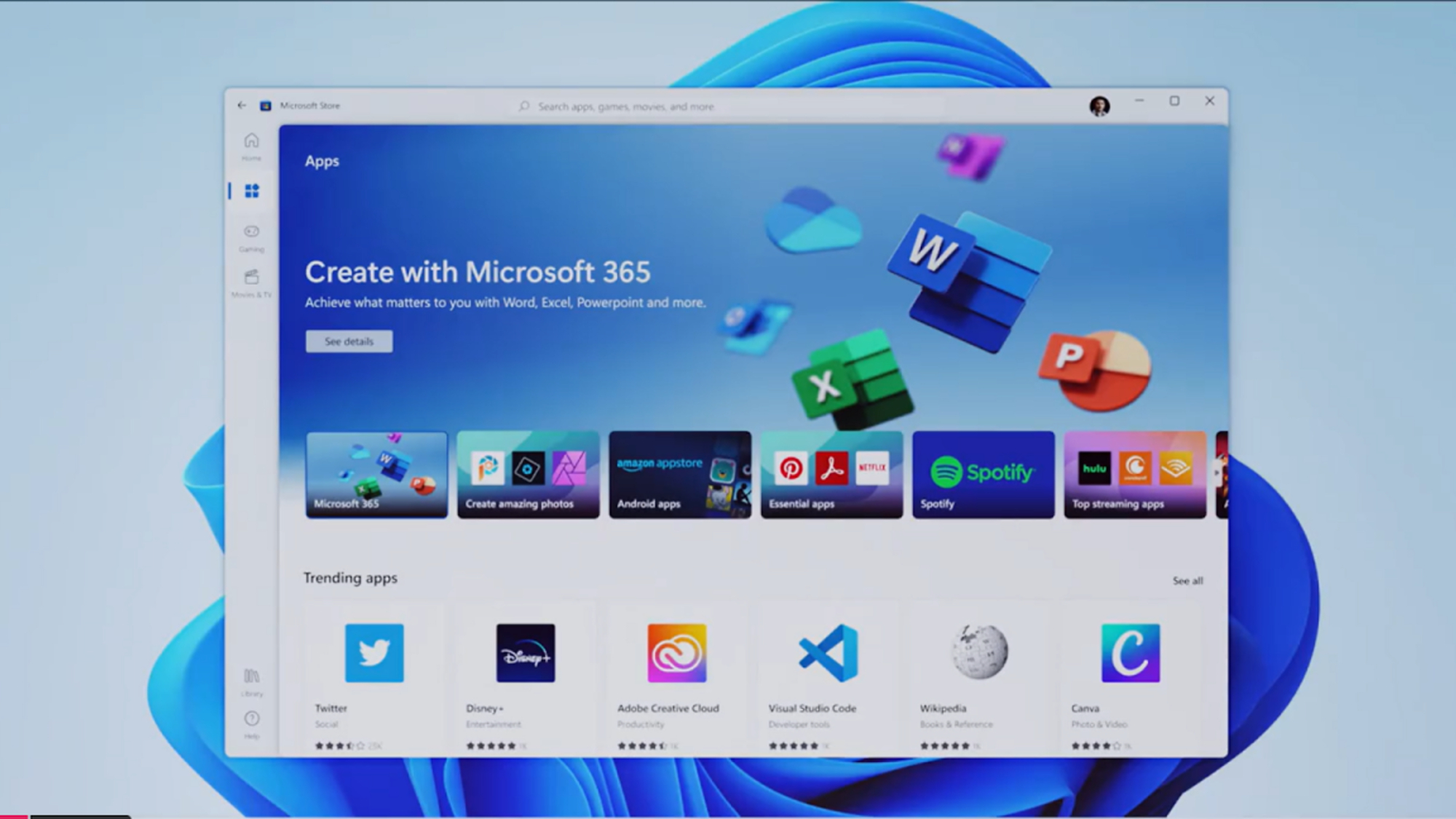Microsoft has made the controversial decision to end Windows 11 support for Android apps. And it’s unclear why — and how Android users will respond.
Microsoft said on Tuesday (March 5) that it will no longer support Android apps running on its operating system through the Windows Subsystem for Android (WSA) starting March 5, 2025.
“As a result, the Amazon Appstore on Windows and all WSA-dependent apps and games will no longer be supported starting March 5, 2025,” Microsoft wrote in a developer document. The company said it will continue to provide technical support on the Windows for Android subsystem until then, and warned that Android apps will only be available to Windows 11 users until March 5 next year.
This move is nothing short of a surprise for developers and Android users. In 2021, Microsoft launched Windows 11 along with support for Android apps through the Windows Subsystem for Android. Through that subsystem, Windows users could install Android applications on their Windows PCs, albeit only from a select group of Android applications available on the Amazon Appstore.

A Microsoft spokesperson told Tom’s Guide at the time that the company was “excited” to bring Android apps to the operating system, and access to native Android apps was one of Windows 11’s big selling points when it debuted in 2022.
Now that selling point is disappearing, and it’s unclear why. While Microsoft and Google have had their fair share of struggles with the mobile ecosystem over the years, the companies seem to have found common ground in Windows 11.
However, it is unknown how many Windows 11 users have actually turned to their laptops and desktops to download and play the occasional Android game or other Android application. It’s possible, given this latest announcement, that Android app adoption hasn’t been as strong as Microsoft had hoped. And it may be simpler and more resource efficient to discontinue the feature rather than continue to support it.